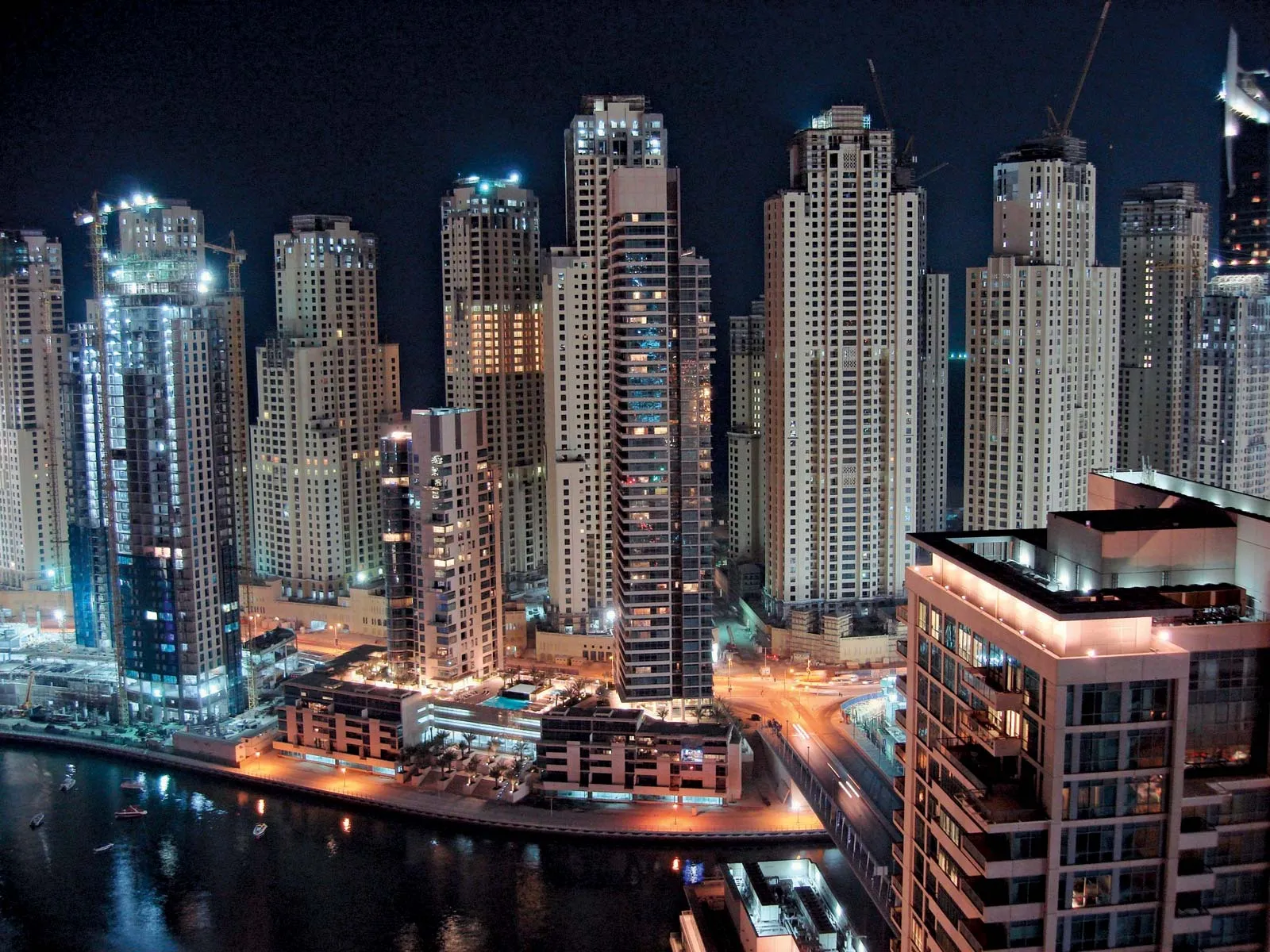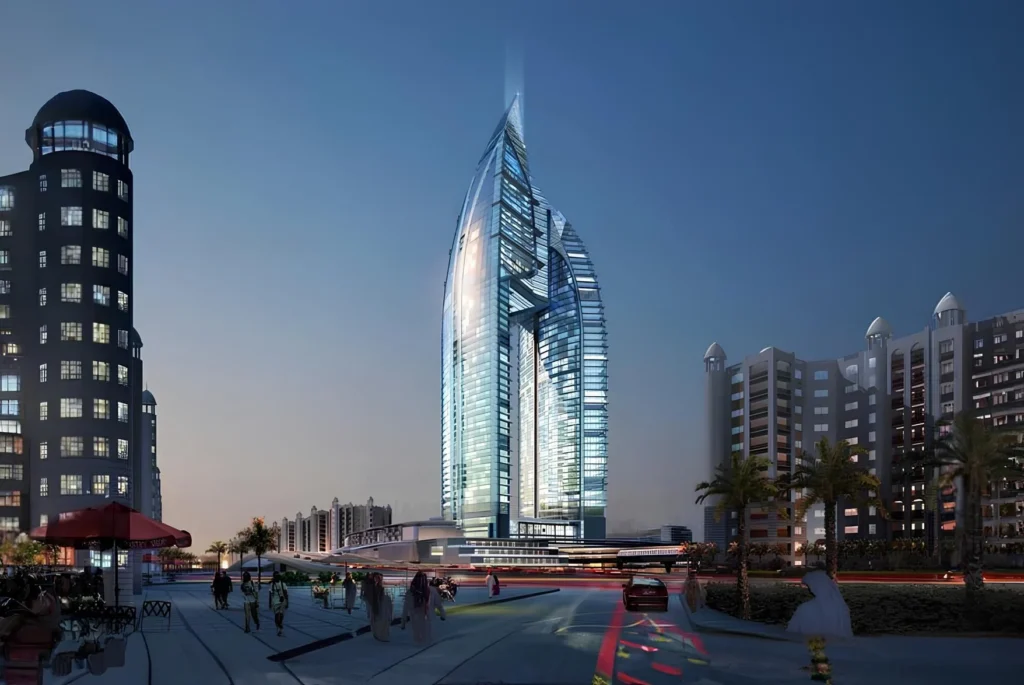The UAE economy is on track to grow by 5.1% in 2025, according to the latest World Economic Outlook (WEO) report from the International Monetary Fund (IMF). The Gulf nation continues to see solid economic performance, with GDP growth expected to hold steady at 4% in 2024 before accelerating the following year.
Key drivers of this growth include vibrant domestic sectors such as tourism, construction, and financial services, which have shown impressive activity, contributing to the UAE’s broad-based economic expansion. The IMF’s report highlights the country’s ongoing efforts to diversify its economy, with non-oil GDP now accounting for over 70% of the total.
Increased public and private investments, along with major structural reforms in renewable energy and technology, are anticipated to boost the UAE’s economic trajectory further. The IMF emphasized the significance of these reforms, which align with the UAE’s vision for sustainable development and private sector growth. Higher hydrocarbon GDP growth is also expected to support the overall economy, bolstered by increased crude oil production as part of the UAE’s OPEC+ quota adjustments.
In a statement earlier this year, the IMF praised the UAE’s comprehensive reform agenda, which aims to enhance governance frameworks and promote green growth. These initiatives are vital for maintaining the country’s upward momentum and cementing its role as a global economic hub.
Regionally, the Middle East and Central Asia economies are projected to grow by 2.4% in 2024 and 3.9% in 2025. While the UAE’s outlook remains strong, the IMF revised its GDP forecast for Saudi Arabia downward for 2024, citing the impact of extended oil production cuts and geopolitical tensions, but predicts a rebound with 4.6% growth in 2025.
As the UAE continues to invest in its future, the nation is well-positioned to further strengthen its economy, with key sectors driving growth and diversification efforts ensuring long-term stability.







